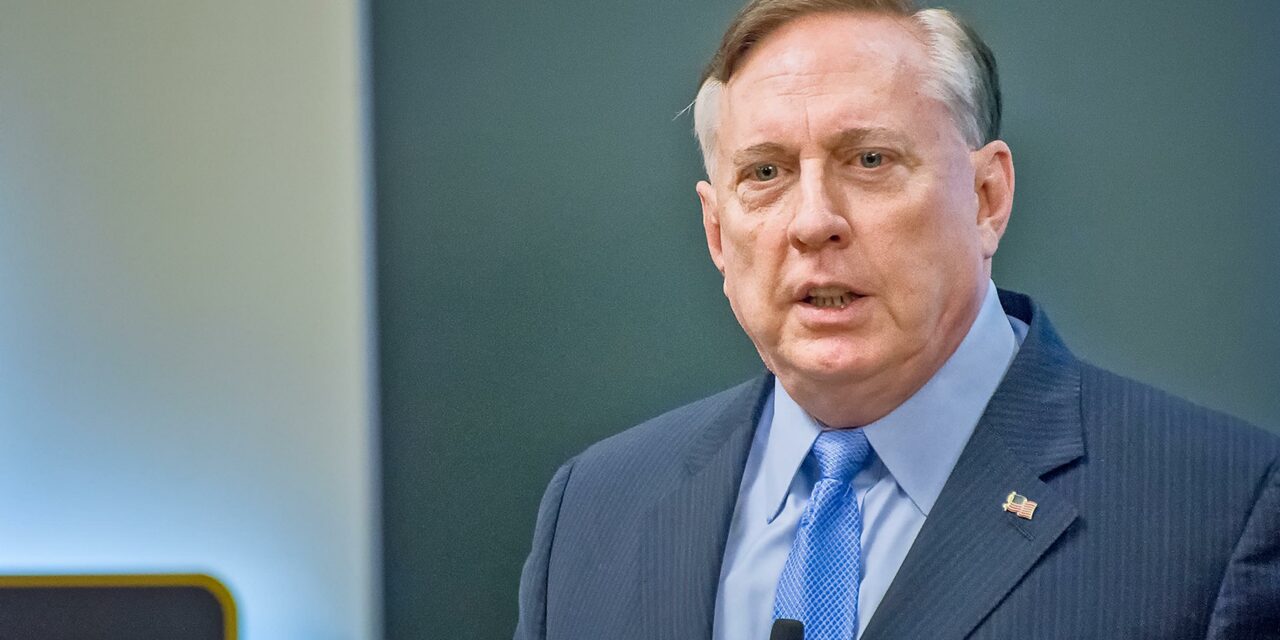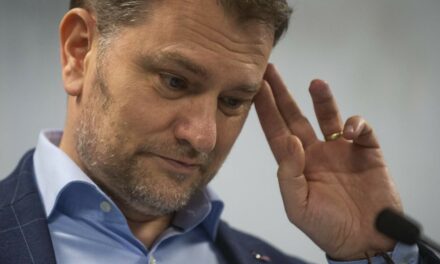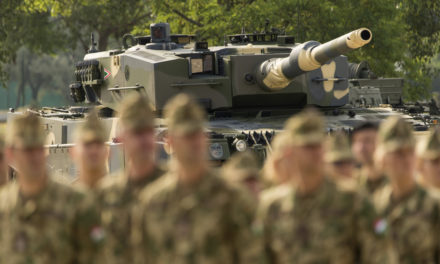Washington's Carthage peace conflicts with reality, the Biden administration refuses to tell the American people the truth, that Ukraine is not victorious and will not win this war, writes Douglas Macgregor on American Conservative.
The national political and military leaders who chose America's wars in Vietnam, the Balkans, Afghanistan, and Iraq usually did so because they were convinced that the fighting would be short and decisive.
American presidents, presidential advisers, and senior military leaders have never wondered that the national strategy, if it exists at all, is to avoid conflict unless the nation is invaded and forced to fight.
The latest victim of this mentality is Ukraine.
Lacking a critical, rooted, and comprehensive analysis of Russia's national power and strategic interests, senior U.S. military leaders and their political superiors viewed Russia through a narrow lens that magnified U.S. and Ukrainian strengths but ignored Russia's strategic advantages, such as geographic depth, almost unlimited natural resources, a high degree of social cohesion and the military-industrial capacity to rapidly increase its military power.
Ukraine is now a war zone and is being treated by the Russians in the same way that the US armed forces were treated in Germany and Japan in World War II, in Vietnam in the 1960s, and in Iraq for decades.
Electricity grids, transportation networks, communications infrastructure, fuel production, and ammunition depots are systematically destroyed. Millions of Ukrainians continue to flee the war zone, placing heavy burdens on European societies and economies.
Meanwhile, the Biden administration repeatedly commits the unforgivable sin in a democratic society of refusing to tell the American people the truth: contrary to the popular "Ukrainian victory" narrative of the Western media - blocking all information that contradicts it - Ukraine is not victorious and will not be victorious. in this war.
Months of heavy Ukrainian losses, stemming from an endless series of senseless attacks on Russian defenses in southern Ukraine, have dangerously weakened Ukrainian forces.
NATO's European members, who bear the brunt of the war's impact on their society and economy, are believed to be increasingly disillusioned with Washington's proxy war in Ukraine.
The European population openly questions the veracity of the statements in the press about the Russian state and the European goals of the Americans.
Millions of refugees from Ukraine, trade disputes, profits from US arms sales and high energy prices all risk turning European public opinion against Washington's war and NATO.
Russia has also transformed. During the first years of President Putin's tenure, the Russian armed forces were organized, trained and equipped exclusively for national territorial defense. However, the implementation of the Special Military Operation (SMO) in Ukraine has shown that this approach is inadequate for Russia's national security in the 21st century.
The opening phase of the SMO was a narrow and limited-purpose operation: Moscow never wanted more than to convince Kiev and Washington that it would fight against Ukraine's accession to NATO and to prevent further abuse of Russians in Ukraine. However, the SMO was based on invalid assumptions and was terminated, but as it turned out, due to its limited nature, it achieved the exact opposite of what Moscow wanted; it gave the impression of weakness rather than strength.
Having determined that Washington's basic assumptions about the ability to negotiate and compromise were invalid, Putin ordered STAVKA to develop new operational plans with new goals:
first, the crushing of the Ukrainian enemy; second, to dispel any doubt in Washington and European capitals that Russia would achieve victory on its own terms; and third, the creation of a new territorial status quo that meets Russia's national security needs.
After the new plan was submitted and approved, President Putin agreed to a sparing operation to protect Russian territorial gains with minimal forces until the resources, capabilities, and men needed for decisive operations were assembled. Putin also appointed a new theater commander, General Sergei Surovikin, a senior officer who understands the mission and has the mindset to succeed.
The upcoming offensive phase of the conflict will provide a glimpse into the emerging new Russian force and its future capabilities. At the time of writing, 540,000 Russian fighting forces were massed in southern Ukraine, western Russia, and Belarus. The numbers continue to grow, but they already include 1,000 rocket-artillery systems, thousands of tactical ballistic missiles, cruise missiles, and drones, as well as 5,000 armored combat vehicles, including at least 1,500 tanks, fixed-wing attack aircraft with hundreds of pilots, helicopters, and bombers.
This new force bears little relation to the Russian military that intervened nine months ago on February 24, 2022.
It can now be predicted that the new Russian armed forces emerging from the melting pot of the war in Ukraine will be deployed to carry out decisive operations from a strategic point of view. The resulting Russian force is likely to be Colonel General Makhmut Gareev If the war comes tomorrow? He will draw inspiration from the force planning and operational framework recommended in his work If War Comes Tomorrow? The Contours of Future Armed Conflict
The new military structure is a much larger force capable of carrying out decisive operations in a relatively short time with minimal reinforcement and preparation.
Put another way, by the time the conflict ends, we will see that Washington has encouraged the Russian state to increase its military power, as opposed to the fatal weakening that Washington intended to achieve when it embarked on a path of military confrontation with Moscow.
But none of these developments should surprise anyone in Washington. Starting with Biden's speech in Warsaw, in which he practically demanded regime change in Moscow, the Biden administration refused to handle foreign policy from a strategic point of view. Like a no-nonsense general fighting to the last man to defend every inch of territory, President Biden reaffirmed the US commitment to confront Russia and potentially any nation-state that does not conform to the hypocritical democratic standards of globalism, regardless of whether the American people what this will cost, either in terms of your safety or your well-being.
Biden's Warsaw speech was seething with emotion and steeped in the ideology of moralizing globalism so popular in Washington, London, Paris and Berlin. For Moscow, however, the speech amounted to a Carthaginian peace plan.
Biden's "take no prisoners" foreign policy attitude means that the outcome of the next phase of the war in Ukraine will not only destroy the Ukrainian state.
It destroys the last vestiges of the post-war liberal order and results in a dramatic shift in power and influence across Europe, especially in Berlin; From Washington to Moscow and – somewhat – to Beijing.
Featured image: Dan Neal/US Army













